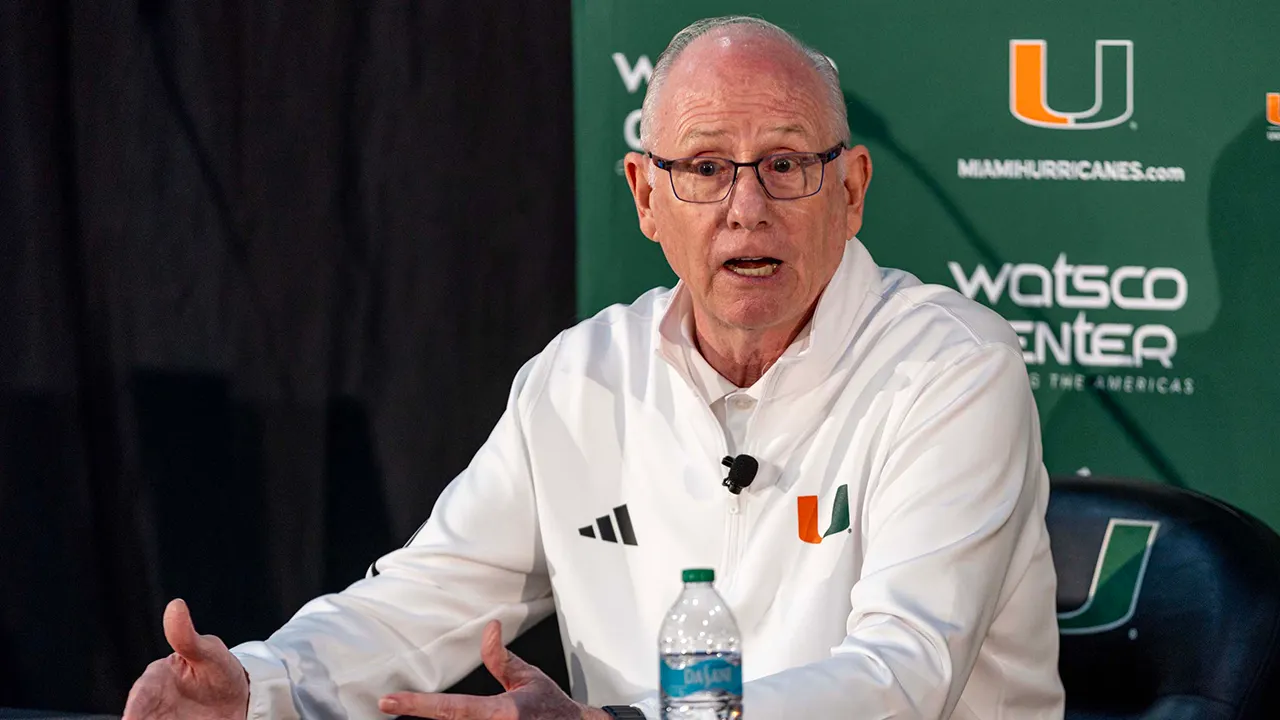
Former defence minister Ron Mark (file photo).
Photo: RNZ / Dom Thomas
Former defence minister Ron Mark says soldiers in Ukraine came under heavy fire trying to recover New Zealand corporal Dominic Abelen’s body and had to abandon their efforts.
Mark, a former soldier who has been in the war zone, said those fighting alongside Abelen had tough decisions to make.
“I know it became very clear to them exactly where Dom and his mate were laying and they made snap decisions,” he told RNZ’s Morning Report.
“They had attempts but they came under such intense mortar and artillery fire that they had to withdraw. Dom would not have wanted someone to die trying to recover his dead body and they knew that.”

Corporal Dominic Abelen.
Photo: Supplied / NZDF
Abelen was on leave without pay from the New Zealand Defence Force when he was killed by Russians in the East of Ukraine.
The situation likely became of political interest to the Russians, from which point it was “impossible” for the soldier’s fellow fighters to retrieve his body, Mark said.
“So long as Dom was just another body on the battlefield, to the Russians, then there was a chance that he was just going to be left there and the Russians wouldn’t have paid any mind to him,” he said.
“The moment it became public back in New Zealand, that he was a New Zealander, what his name was, that he was a serving infantry soldier in the New Zealand army, clearly was going to become of political interest to the Russians to get his body as quickly as they could and hold it.”
That information would have been channelled back to Russia very quickly, Mark said.
“Russia would have initiated plans and instructions to get that body off the field and get possession of it. At that point, totally impossible for his mates to recover him and that’s just the sad reality.”
The New Zealand Defence Force is reminding soldiers they are still serving while on leave without pay and have no permission to go to Ukraine.
But Mark said that was not deterring some.
“From the feedback I’m getting, the number of interested inquiries has ballooned quite considerably.
“A guy that they respected, knew and loved has just been killed over there, the reaction I’m hearing is not unexpected and that is that people are now actively considering their options of leaving the New Zealand Army altogether and going to Ukraine,” he said.
Mark said he was open to talk to anyone considering going about the realities of Ukraine compared to what they may have experienced in Afghanistan.
“We’re at the stage now where if we accept the fact that New Zealanders are going to go then we need to accept that there’s potentially going to be another New Zealander killed over there.”
He would like the government to set up an embassy in Kiev for both political and diplomatic reasons, and to encourage New Zealanders who do land in the country for military purposes register themselves as being there.
“We could put a New Zealand presence on the ground equal to the presence we have in Moscow,” he said.
“There are so many reasons why we should do that right now, pending a Ukrainian victory. It’s better to be in now when Ukraine really needs help than showing up after the party’s over.”





















Discussion about this post